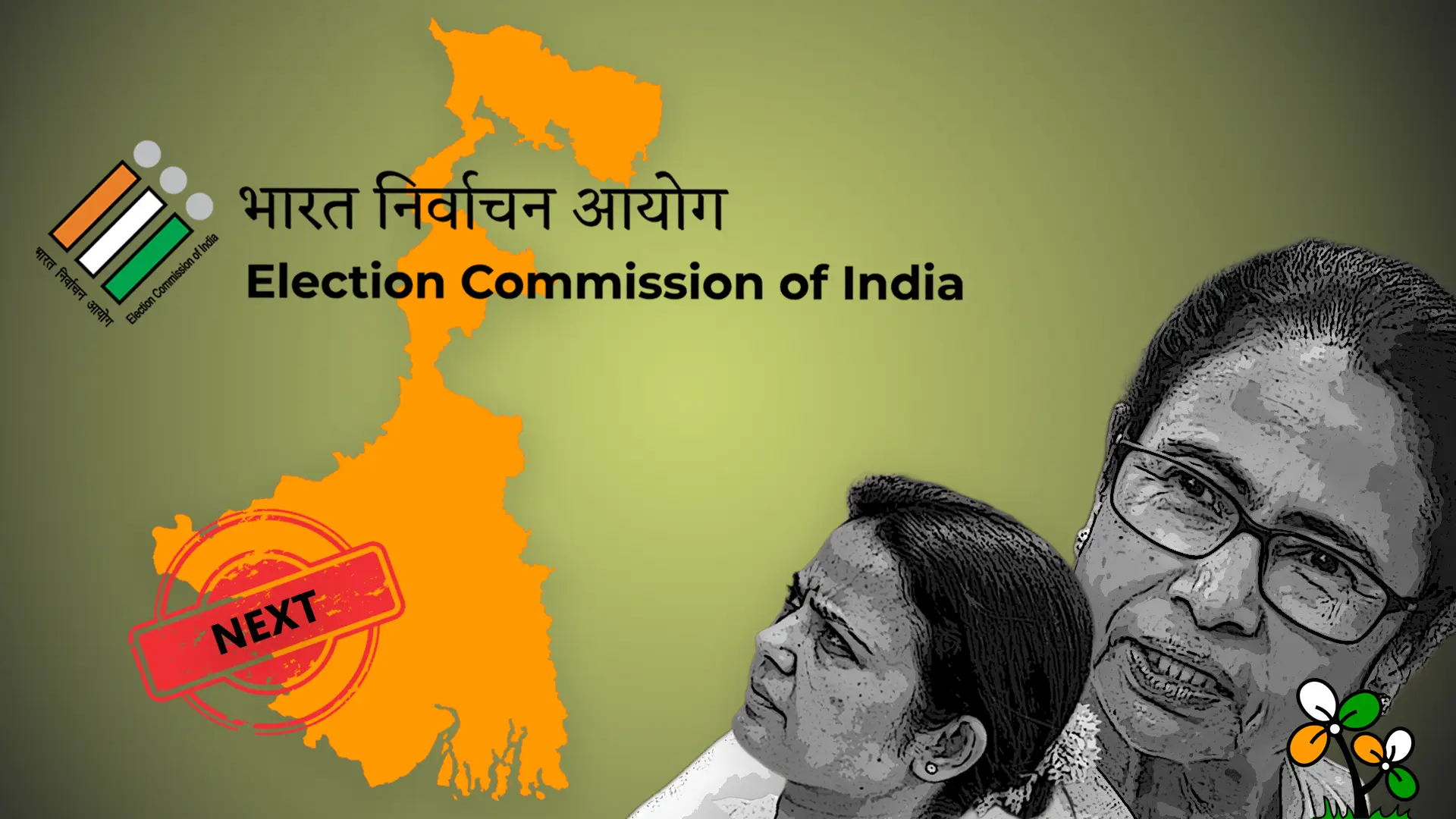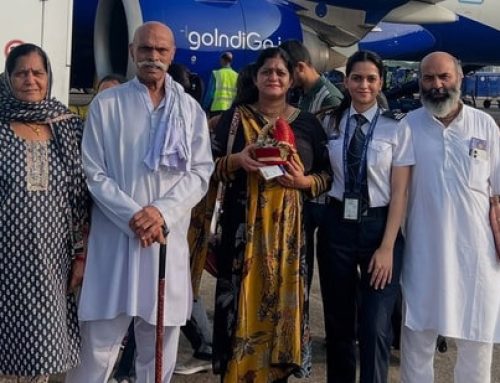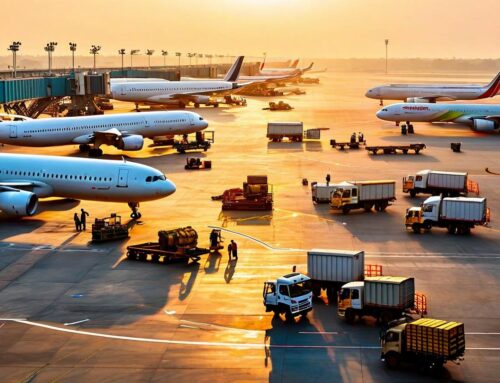The Election Commission of India has intensified its preparations in West Bengal as the state gears up for upcoming assembly and parliamentary elections. With a focus on transparency, accuracy, and inclusivity, authorities have issued a series of directives aimed at accelerating the revision of electoral rolls—an essential step to uphold democratic integrity amid fierce political competition.
Ramp-up in Electoral Roll Revisions to Ensure Fair Voting
The Election Commission’s recent instructions aim to streamline the voter registration process in West Bengal, ensuring that all eligible citizens are accurately represented on the electoral rolls. This initiative includes measures to identify and eliminate duplicate or invalid entries while adding new voters, particularly targeting young people and marginalized groups. The drive underscores the state’s crucial role in India’s electoral landscape, where history has shown close contests and allegations of irregularities.
Background: West Bengal’s Political and Electoral Landscape
- Political Context: The state is dominated by the All India Trinamool Congress (AITC), with the Bharatiya Janata Party (BJP) as a principal challenger. Smaller parties including the Left Front and Congress also have a foothold. Past elections in 2016 and 2021 saw electoral margins narrow and turnout rates surpassing 80%, often accompanied by disputes over poll conduct.
- Voter Rolls: As of December 2023, West Bengal’s electoral registers listed approximately 68.5 million electors across 2,638 Assembly constituencies and 42 Lok Sabha segments. Concerns about ghost voters, under-registration of youth and marginalized groups, and administrative delays remain prevalent.
- Legal Framework: Under the Representation of the People Acts of 1950 and 1951, periodic revisions of electoral rolls are mandated. The Chief Electoral Officer (CEO) in West Bengal oversees implementation, working in tandem with district election officers to meet the legal deadlines.
Recent Developments Signal a Fast-Tracked Approach
The process of ramping up voter roll accuracy took a significant step forward between early May and mid-May 2024. A regional review meeting held in Kolkata on May 8 highlighted gaps in West Bengal’s readiness. Subsequently, on May 10, the Election Commission issued formal instructions to the state’s Chief Secretary, urging an expedited schedule. A Gazette notification on May 15 declared June 1–30 as the window for claims and objections—the heart of the revision process.
Key Instructions from the Election Commission
- Accelerated Timeline: Authorities must complete door-to-door verification and data updates by June 30, 2024. Draft rolls are to be published by July 10, with the final version coming out by August 1.
- Ensuring Data Integrity: Real-time data entry by Booth Level Officers (BLOs) using electronic tablets, coupled with cross-verification against national identity databases, aims to minimize errors and prevent duplicate entries.
- Inclusion Drives: Special registration camps will target students turning 18 by January 1, 2025, alongside outreach programs for tribal and remote communities, to broaden electoral participation.
- Transparency & Grievance Redressal: State-wide call centers and a mobile app will facilitate voter inquiries, while district-level hearings scheduled from June 20–25 will allow citizens to raise concerns or objections transparently.
Streamlined Process for Updating and Publishing Voter Rolls
The revision cycle begins with official publication of the notice, followed by citizens submitting Form 6 for new registrations, Form 7 for objections, and Form 8 or 8A to update or confirm existing entries. Field verification by BLOs ensures accuracy, with electronic reporting feeding into draft rolls. Citizens then verify their details, file appeals if needed, and the final rolls are published after corrections are incorporated—crucial for guiding electoral conduct and ensuring voter confidence.
Stakeholder Perspectives Highlight Collective Commitment
The Election Commission emphasizes its mission to enable every eligible citizen to exercise their franchise without hindrance. The West Bengal Chief Electoral Officer expressed confidence in the state’s preparedness, stating that district teams are ready to meet deadlines. Political parties are observing the process keenly, with the ruling Trinamool Congress welcoming the focus on inclusivity, while opposition BJP remains cautious, citing concerns over past exclusions.
Non-governmental organizations working in electoral inclusion stress the importance of reaching migrant workers and slum dwellers—groups often missed in registration drives—highlighting the broad societal effort required for a clean and comprehensive electoral roll.
Critical Dates and Key Metrics
- May 8-15, 2024: Strategic meetings, instructions, and notifications set the stage for revision.
- June 1–30, 2024: Claims and objections window, with ongoing door-to-door verification.
- June 20-25, 2024: Public hearings across districts to address grievances.
- July 10, 2024: Draft electoral rolls released for public feedback.
- August 1, 2024: Final electoral rolls published, forming the foundation of the upcoming elections.
Ensuring a Credible Democratic Process
The Election Commission’s directives mark a decisive step towards transparently refining the electoral process in West Bengal. With over 68.5 million registered voters, meticulous updates are vital to uphold electoral integrity and public trust. As the clock ticks down, stakeholders across political, civil society, and administrative domains will play pivotal roles in translating these policies into tangible results. Success will hinge on timely execution, active participation, and unwavering commitment to democratic principles, ensuring that every vote truly counts in this vibrant state’s political tapestry.






Leave A Comment